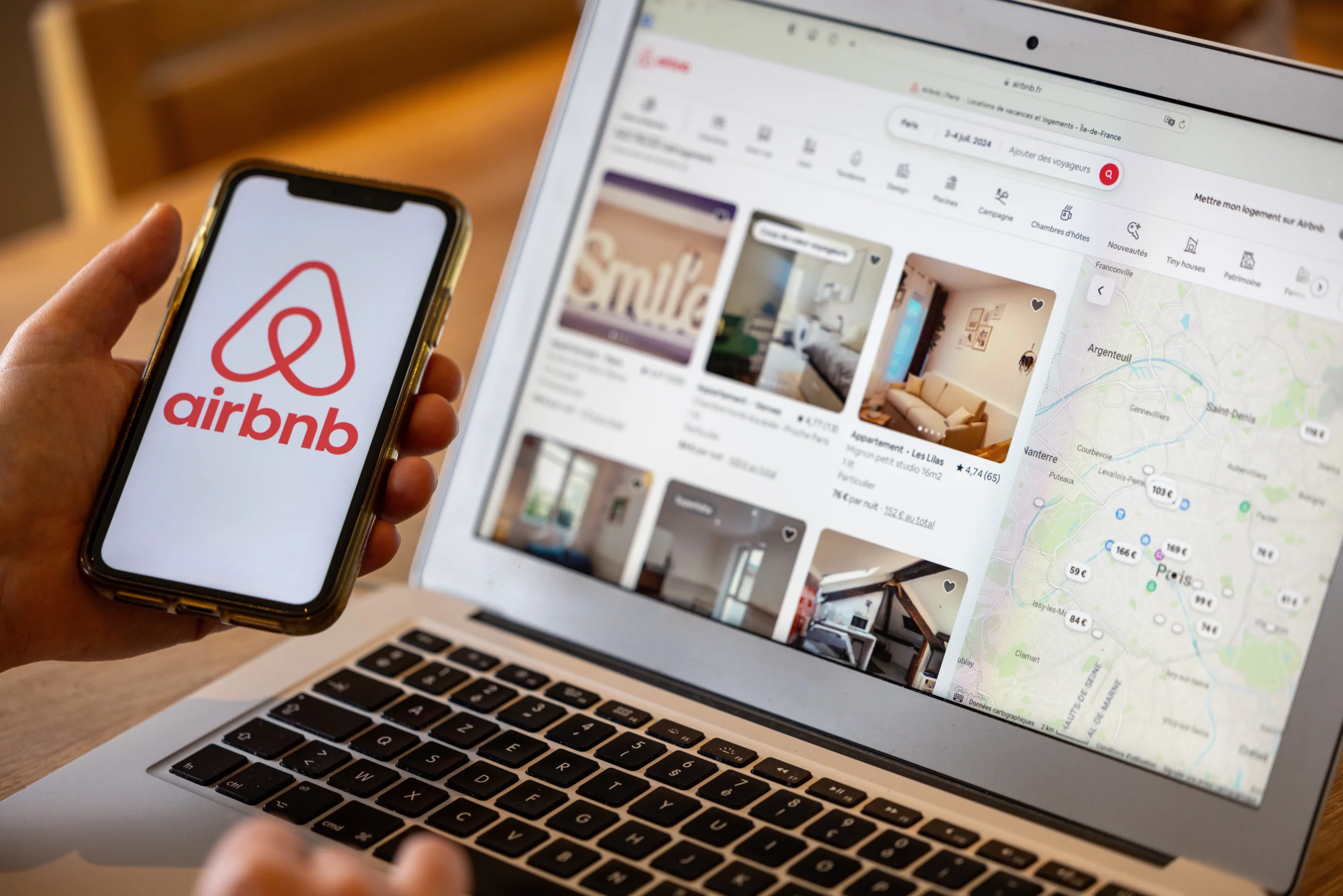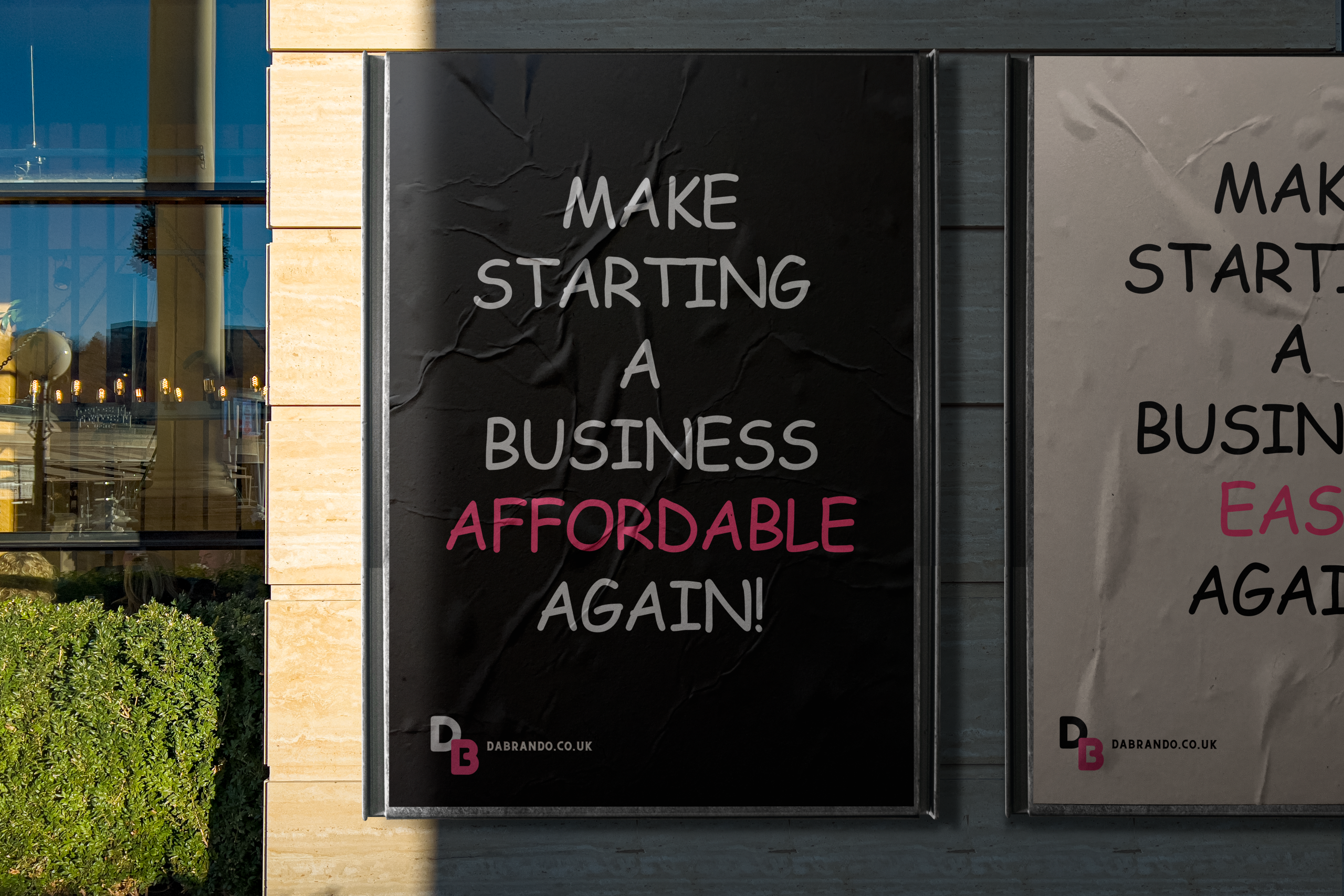Why Marketing Is Essential for New Businesses
Starting a new company is an exciting yet daunting adventure. You’ve got the product, the vision, and maybe even the funding—but without a clear, consistent marketing strategy, your startup may never get off the ground. In an era where over 300 million startups launch annually, marketing is no longer an option. It’s a necessity for new businesses!

Marketing is the lifeline that connects your business to the right audience, drives initial traction, builds credibility, and shapes the long-term success of your brand. Whether it’s storytelling, SEO, or social media campaigns, marketing isn’t just about promoting your product—it’s about creating an identity, delivering value, and building trust.
Let’s explore why marketing is critical for new businesses and how top companies have used marketing as a springboard to long-term success.
1. Marketing Drives Initial Visibility—You Can’t Sell What Nobody Sees
Visibility is the first milestone for any new brand. It doesn’t matter how innovative or high-quality your product is if no one knows about it.
📊 Statistic: According to CB Insights, 42% of new businesses fail due to a lack of market demand—often because of poor marketing or positioning.
Example: Dropbox
Dropbox skyrocketed its early growth through a brilliantly simple referral marketing strategy: invite friends and both of you get extra storage. This campaign helped the company grow its user base by 3900% in just 15 months, with minimal spend.
🔗 Dropbox’s viral loop strategy
2. It Shapes Brand Identity and Perception
Your brand is more than your logo—it’s the perception people have of your business. A strong marketing strategy establishes your voice, visuals, tone, and core message across all channels.
Example: Nike
In 1988, Nike launched its now-legendary “Just Do It” campaign, turning sportswear into a symbol of personal empowerment. The result? Over $9 billion in sales within a decade.
🔗 History of Nike’s branding success
3. It Helps Test and Validate Your Business Idea
Marketing allows you to understand your audience through real-world feedback. Before scaling up production, running small-scale ad campaigns, creating landing pages, or collecting email signups can help validate if there’s a genuine product-market fit.
Example: Airbnb
The founders started by listing their own apartment and manually messaging users on Craigslist to find demand. These grassroots marketing efforts not only validated the concept—they also helped secure their first users.

🔗 Airbnb’s early growth strategy
4. Even Small Budgets Can Generate Big Results
Startup budgets are tight, but that’s where content marketing, social media, and SEO come into play. Organic content builds authority, trust, and visibility over time.
💡 Businesses that blog consistently receive 67% more leads per month than those that don’t (HubSpot).
Another example: Glossier
Before selling a single product, Glossier launched “Into The Gloss,” a blog focused on real beauty stories. It created a loyal community, which seamlessly transitioned into customers when the product line launched.
🔗 How Glossier used content to build a brand
5. It Builds Trust, Credibility, and Authority
People buy from brands they trust. Through consistent marketing—like testimonials, user-generated content, reviews, and expert insights—you create a brand that customers feel confident in.
Example: Tesla
Tesla has become a global phenomenon without traditional advertising. Instead, Elon Musk’s Twitter presence, product announcements, and organic word-of-mouth have made Tesla a trusted name.
🔗 Tesla’s marketing without marketing
6. It Keeps Customers Coming Back
Marketing isn’t just about acquiring new customers. It’s about retention and lifetime value. Loyalty programs, email campaigns, and personalised offers build long-term relationships.
Example: Starbucks
Starbucks’ rewards app is a masterclass in customer retention. With over 29 million active users, it uses data to serve relevant rewards and drive repeat visits.
7. It Attracts Investors and Business Partners
Marketing doesn’t just bring customers—it attracts investors, partners, and media attention. A polished online presence, media coverage, and strong engagement can validate your business to stakeholders.

📢 According to Forbes, investors are 4x more likely to invest in startups with a strong brand and digital footprint.
Example: Warby Parker
This eyewear brand gained early attention through clever PR and storytelling. Within its first year, it had a waitlist of 20,000 customers and coverage in GQ, Vogue, and The New York Times.
🔗 Warby Parker’s PR-first strategy
Final Thoughts: Marketing Is the Fuel That Powers Your Business Engine
At Dabrando, we believe that great ideas deserve visibility, credibility, and traction—and that’s what marketing delivers. Whether you’re a local business or a global startup, your marketing strategy is the compass that points your business toward growth.
Don’t wait until you’re struggling to be seen—build your audience, your message, and your brand from day one.
🚀 Ready to Launch Your Business with Confidence?
Let our team at Dabrando help you craft a bespoke, results-driven marketing strategy that positions your business for success from the start.
📩 Contact us today and let’s build your brand the smart way.
🔗 Useful Resources
WTF is Marketing?! Book – #1 Selling Marketing Guide
Forbes on Branding and Startups
HubSpot Startup Marketing Guide
Neil Patel: Startup Marketing Explained
Marketing Week – Latest Trends
📧 Need help marketing your business?
Contact us today at grow@dabrando.co.uk or explore our services to learn more, or Book A Free Discover Call to get started today!





